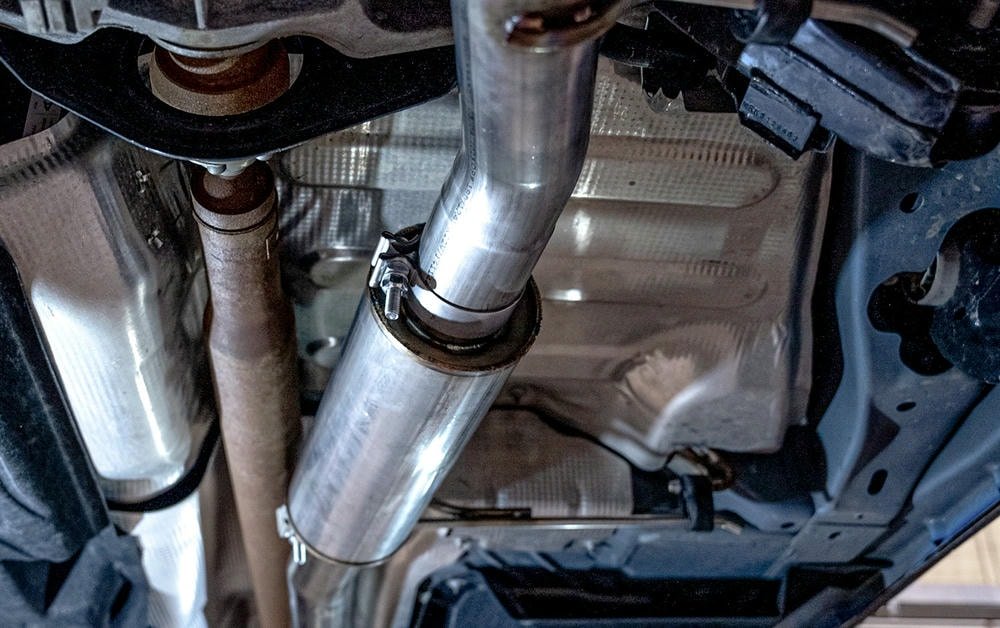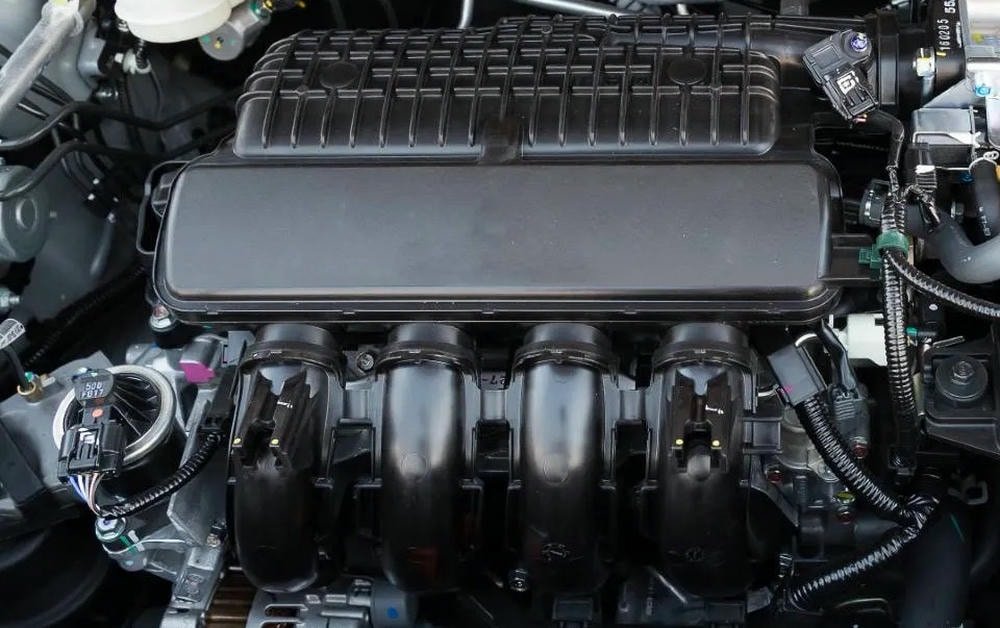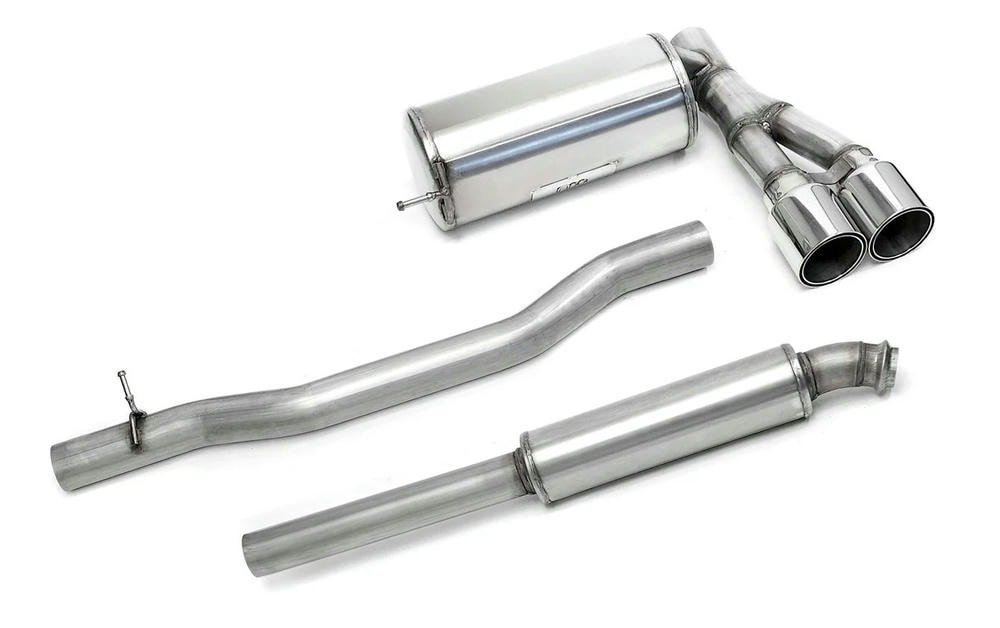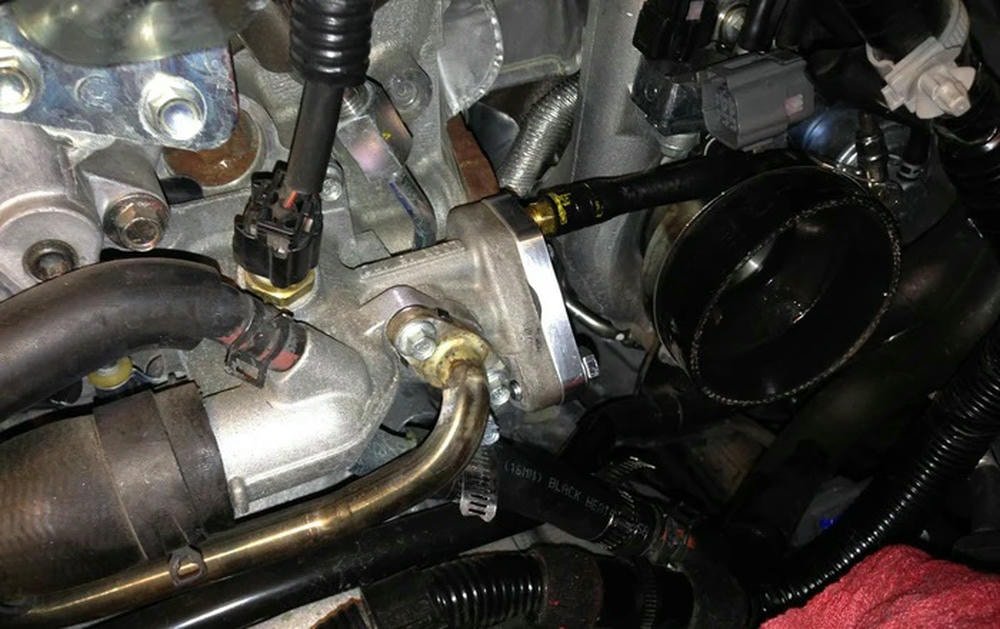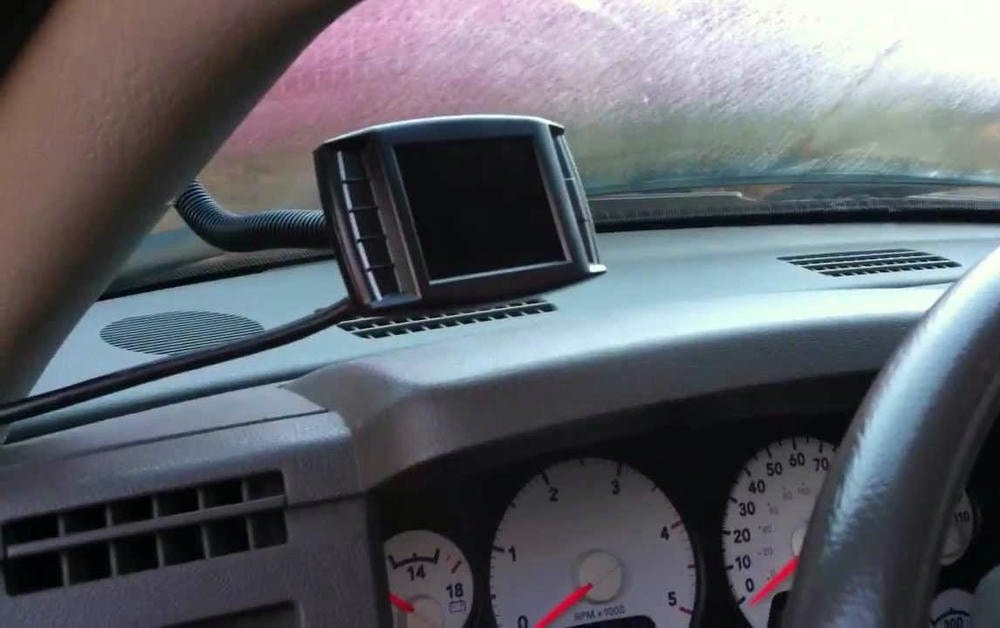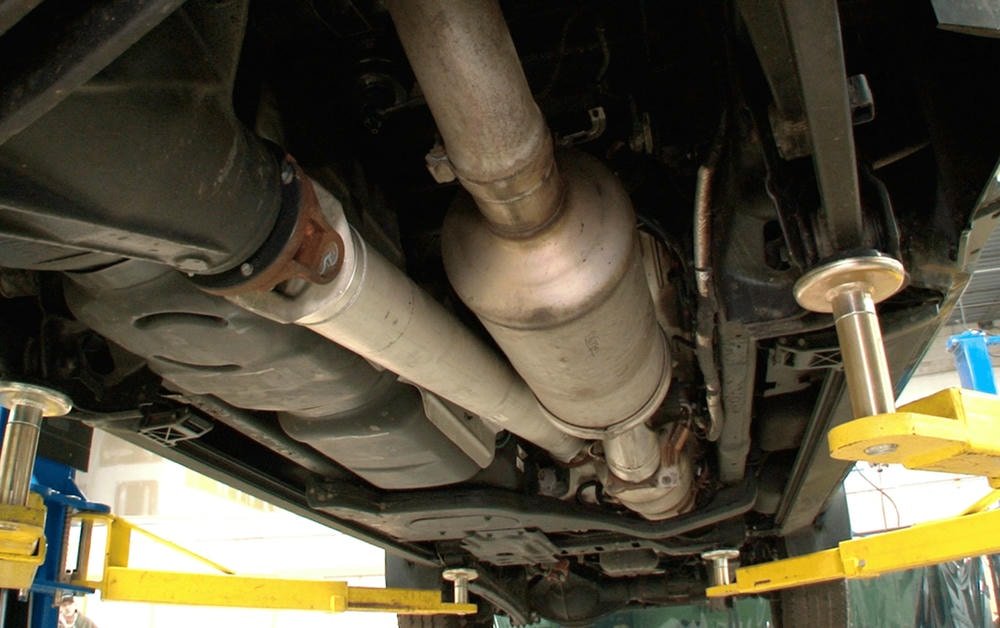In the diesel truck industry, owners commonly explore options to elevate their vehicle’s horsepower and efficiency. Two prominent alternatives prevail: delete tuners and conventional tuning systems.
Delete tuners operate by eliminating components like the diesel particulate filter to boost a truck’s horsepower and augment fuel economy. Nonetheless, this technique could encounter legal complications since it modifies emission systems.
Alternatively, conventional tuning adjusts a truck’s existing system to optimize engine operation without jeopardizing legality or warranty matters; although it might not provide as large a horsepower increase as delete tuners.
Both approaches possess distinct advantages and constraints based on your requirements, geography, and how you utilize your truck. For those aiming for substantial power increases while managing potential legal hazards, delete tuners may be the solution.
If compliance with emission regulations while also improving performance fit better with your goals, conventional tuning might be your optimal choice.
This guide offers a comprehensive understanding of these choices with the nuances that matter most to camion diesel owners – spanning from functionality and applications to cost evaluations and legal factors.
Determine the one that aligns best with your needs!
Table des matières
ToggleOverview of Delete Tuners
Delete tuners are tools that remove or disable parts of a truck’s program to improve performance. They’re especially useful for diesel trucks, changing how the engine and exhaust system work together.
Functionality and Benefits
Delete tuners work by eliminating or deactivating parts of a diesel truck’s emission system. This involves elements like the diesel particulate filter and the exhaust gas recirculation valve.
These components may limit a truck’s performance. By bypassing these components, trucks often witness an enhancement in horsepower and more efficient fuel consumption rates. Owners also observe their engines operating cooler, beneficial for engine longevity.
Numerous diesel truck owners opt for delete tuners for these advantages. They desire enhanced power from their trucks without the concern of emission systems impeding their progress.
Utilizing tuning software and tools, they modify the engine management settings to boost performance. This interactive method allows drivers to adapt their vehicle’s power to match heavy hauling requirements or augment the driving experience on unrestricted roads.
Through direct exposure, many discern that delete tuning optimizes their diesel engines, rendering every drive more pleasurable and economical.
Applications and Common Uses
Diesel truck owners often choose delete tuners or traditional tuning to boost their trucks’ power and efficiency. Delete tuners work by removing factory restrictions, like the diesel particulate filter (DPF) and exhaust gas recirculation (EGR), which can hamper performance.
This makes them a go-to for drivers aiming for higher horsepower and torque in their diesels. They’re especially popular among those who use their trucks for heavy tasks, like towing large trailers or hauling heavy loads.
Traditional tuning methods adjust the engine’s settings within its existing setup to enhance performance. Unlike delete tuners, they keep the emission systems intact, making them a safer pick for drivers concerned about staying legal on emissions standards.
It’s common among daily drivers who want a bit more pep without altering their truck too much. Both options offer ways to make your moteur diesel more responsive and powerful, whether you’re pushing it hard at work or just wanting better highway passing power.
The right tuning can transform your diesel from good to great.
Overview of Traditional Tuning
Traditional tuning uses tools and methods that have been around for a while. It can make engines run better without changing their parts too much.
Definition and Methods
Traditional tuning for diesel engines involves adjusting the vehicle’s settings to improve performance. This might mean changing how much fuel goes into the engine or how air moves through it.
Mechanics use tools like software on a laptop, connected to the truck’s computer system, to make these adjustments. They look at data and tweak settings until they get more power or better fuel efficiency.
One person shared their experience with traditional tuning on their Power Stroke diesel truck. They went to a mechanic who used diesel tuning software. The mechanic hooked up their laptop to the truck and started testing different settings.
After some adjustments, they found a setup that increased horsepower without harming the engine or using too much extra fuel. This hands-on method lets drivers customize their trucks based on what they need – more speed for racing or better gas mileage for long trips.
Benefits and Limitations
Delete tuners offer big power boosts and better fuel economy for diesel engines. They take out factory limits, letting engines breathe easier and work harder. For trucks that need more muscle or spend many hours on the road, delete tuning can make a huge difference.
Yet, there’s a catch. Using delete tuners means messing with emissions systems, which is against the law in some places. Owners must weigh the gains against possible legal troubles or fines.
Traditional tuning methods tweak engine settings without breaking emission rules. This route keeps trucks street legal while still offering improvements in performance and efficiency.
You won’t see as dramatic an increase in power as you might with delete tuners, but you’ll stay on the right side of the law.
Finding balance is key in tuning – optimizing performance while keeping within legal boundaries.
Key Differences Between Delete Tuners and Traditional Tuning
Delete tuners and traditional tuning change your diesel truck’s engine in big ways. Delete tuners take out parts to improve airflow and power, while traditional tuning adjusts the engine’s computer for better performance without removing anything.
Performance Outcomes
Delete tuners and traditional tuning offer different outcomes for diesel trucks. Delete tuners tend to boost performance more dramatically. They remove factory limitations, letting engines run at full tilt.
This means more horsepower and torque for heavy hauling or just having fun on the road. But there’s a trade-off: it might void warranties and isn’t legal everywhere.
On the other hand, traditional tuning adjusts an engine’s settings without removing parts. It can increase power too but usually not as much as delete tuners do. The good side? It keeps your truck street-legal et warranty intact in most cases.
Installation and Customization
Putting in a delete tuner or going for traditional tuning changes your diesel truck. With delete tuners, you often plug them into the engine control unit (ECU). This setup sends new instructions to the engine.
It tells it to ignore parts like the diesel particulate filter (DPF) or exhaust gas recirculation (EGR) system. This can boost power and efficiency. Yet, laws in some places say you can’t use these on roads.
Traditional tuning might need more tools but keeps things legal. You might switch out pieces like turbochargers or fuel injectors for better ones. Some people also tweak the ECU with software that enhances performance without breaking rules.
Each choice needs different skills and tools. For delete tuning, a simple plug-in device does much of the work. But know this: not every garage will help with deletes because of those laws.
Traditional tuning lets you customize your ride bit by bit, choosing each part carefully for a perfect fit with what you want from your truck – power, speed, or just looking cool.
I tried both ways on my diesel truck. I started with basic mods and then moved to more complex ones as I learned what worked best for me and my ride.
Cost and Accessibility
Delete tuners and traditional tuning gear like tuning pegs on a guitar or ECM programming tools for diesel engines have different price tags. Delete tuners can be pricey. They often cost more because they do more than just adjust your engine’s sound.
They change how the truck runs, removing parts that control emissions. This can boost power but might also add to the bill.
Getting your hands on these devices varies too. Traditional tuning tools are easy to find at any music store or auto shop. But delete tuners? Not so much. Because of legal issues around emissions, some places won’t sell them directly.
You might need to dig around online or know someone in the scene to get one for your Powerstroke, Cummins, or F250 diesel truck.
Impact on Warranty and Legal Considerations
Choosing between delete tuners and traditional tuning affects your warranty and legal matters. Many truck makers say using a delete tuner on your diesel engine voids the warranty. This means if something breaks, you’re out of luck; they won’t fix it for free.
Laws also play a big part. In places like the U.S., rules about emissions are strict. Using a delete tuner can make your truck illegal on public roads because it changes emission outputs.
A buddy of mine found this out the hard way when he had to pay fines after an inspection.
Always check local laws and warranty terms before tuning your diesel truck.
Traditional tuning offers ways to up power without messing with emission parts too much, keeping you safer from questions juridiques. Yet, even here, going too far or picking the wrong setup might get you in trouble with both the law and warranty conditions.
Keeping things street-legal involves knowing what modifications are allowed where you drive.
Which Option is Right for You?
Picking between delete tuners and traditional tuning depends on how you use your truck, what performance goals you have, and following the law. Keep reading to find out more.
Considerations Based on Vehicle Usage
Choosing the appropriate adjustment for your diesel truck largely depends on your vehicle’s application. The divergent path between delete tuners or conventional adjustment presents distinctive impacts on your truck’s functionality and legality.
- For those utilizing their trucks primarily for heavy-load duties and towing, diesel adjustment could provide an increased power output which significantly eases tasks such as transporting equipment.
- City dwellers who frequently drive in urban areas, standard adjustment aids your truck’s consistent operation while maintaining compliance with emission laws.
- Individuals fond of off-road activities might favor delete tuners for optimal functionality. However, being aware of the local regulations on emissions prior to initiating alterations is crucial.
- Drivers frequently covering long distances must consider fuel efficiency. Conventional tuning could enhance fuel economy, leading to financial savings in the long run.
- For enthusiasts with a keen interest in racing, delete tuners can often provide the additional thrust required to triumph.
- Truck owners dwelling in regions with stringent emission controls need to factor this in when opting for delete tuners to prevent penalties.
- The current state of your truck also contributes; older trucks could potentially gain more from conventional tuning to extend their lifespan without unnecessarily straining the engine.
- Lastly, financial constraints have substantial influence as customizations differ in expense, and certain alterations could potentially invalidate warranties or necessitate further expenditure on enhancements.
Every consideration is fundamental when determining the tuning methodology that aligns with your intentions for your diesel truck usage.
Performance Goals and Legal Compliance
Votre diesel truck tuning decision impacts both performance and how you follow the law. Picking between delete tuners and traditional tuning is big. Here’s what to consider:
- Performance needs drive choices. If you want more power, delete tuners often push your diesel engine further than traditional methods. This means better torque and horsepower for heavy loads or fast driving.
- But, laws set limits. Many places have strict rules about emissions and noise levels. Delete tuners can make your truck illegal on public roads because they remove parts that control pollution.
- Think about inspection time too. States with vehicle checks will fail a truck modified with a delete tuner due to missing emissions gear.
- Warranty concerns are real. A factory warranty can void if you install a delete tuner, leaving you to cover all repair costs out of pocket.
- On cost, traditional tuning usually wins. It’s less expensive up front and avoids potential fines or the need to return your truck to stock condition for inspections.
- Check what’s legal where you live before deciding. Some regions have tighter restrictions making traditional tuning the safer bet legally.
- Goals matter as well as rules do . Want better fuel efficiency without risking trouble? Traditional tuning might offer enough improvement while keeping everything legal.
- Installation ease varies too . You might put in a traditional tuner yourself, but delete tuning often needs a pro shop visit, adding to the cost.
- Rising insurance rates could follow modifications that are not street-legal, especially with a delete tuner that’s spotted during an accident investigation or traffic stop.
10 Customization options differ widely . With traditional tuning, changing settings for different situations like towing or improved mileage is easier than with a fixed setup from a delete tuner .
Each path has its place depending on what you value more: max performance or staying within legal boundaries without hurting your vehicle’s long-term usability and resale value.
Conclusion
Experts like Dr. Max Turner, with years of experience in automotive engineering, weigh in on this topic. Dr. Turner has helped develop advanced tuning software and holds a Ph.D. in Mechanical Engineering from MIT.
His work focuses on making cars run better and cleaner.
Dr. Turner looks closely at delete tuners and traditional tuning. He says both have unique benefits for diesel engines. Delete tuners can boost power by removing factory limits but might not meet all legal emissions standards.
Traditional tuning keeps these standards but may offer less power increase.
He stresses the importance of safety and ethics in tuning practices. Following laws and being honest about changes to your vehicle are key, he notes.
For everyday use, Dr. Turner suggests careful choice based on how you use your truck and what performance you want.
He sees pros and cons in both options compared to others available on the market including cost, installation ease, warranty concerns, and law issues.
Dr. Turner’s final word? Both delete tuners and traditional tuning have their place depending on the user’s needs against legal expectations and personal goals for their vehicle’s performance.
FAQ
What’s the difference between delete tuners and traditional tuning?
Delete tuners and traditional tuning are both methods of diesel engine tuning. Traditional tuning involves adjusting various components like the manifold or turbocharged engines for performance optimization. On the other hand, delete tuners remove certain elements from your vehicle’s system to increase power.
Which method is better: delete tuners or traditional tuning?
The choice between delete tuners and traditional tuning depends on what you’re aiming for with your diesel engine optimization. If a significant power increase is your goal, then delete tuners might be more suitable. However, if you prefer a balance between performance and longevity of your vehicle, then traditional tuning could be ideal.
Can I use these methods on my guitar too?
While we often discuss these terms in relation to vehicles like an F350, they also apply to musical instruments such as electric guitars! For example, locking tuners – which may include brands like Klusons or Floyd Rose – offer stability when changing guitar strings on models like a Fender Strat or American Deluxe Series Tele.
What benefits can I expect from using either method?
Both methods have their unique advantages when it comes to performance comparison in their respective fields—be it diesel engine optimization or guitar string stability—and should be chosen based on individual needs.
Where can I find more information about this topic?
There are many fora available online where enthusiasts share their experiences with both types of tune-up options–for vehicles as well as musical instruments! These platforms provide real-life scenarios that can help you make an informed decision.

